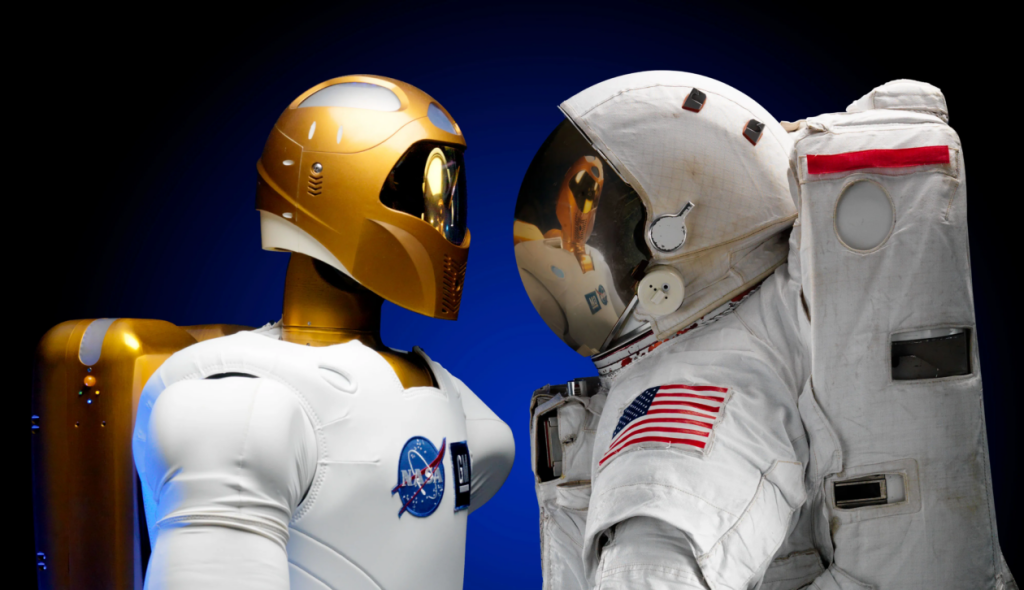The intersection of artificial intelligence and space exploration was the focus of a panel discussion during Seattle AI Week and Space Week. James Burk of the Mars Society suggested that AI could potentially take on the role of capsule communicator during future missions to the moon and Mars. With AI devices following astronauts around to provide assistance, the idea of integrating AI into space ventures is not new, although it is not quite science fiction yet.
AI is currently being used to make sense of the vast amounts of data coming from Earth orbit. For example, AI tools help scientists analyze atmospheric data more quickly and efficiently. Software programs like Danti are being optimized to sift through Earth observation data, aiding in tasks like satellite imagery analysis. Companies like BlackSky and Microsoft are also utilizing AI to help make sense of geospatial data for both government and commercial customers.
Additionally, companies like Cognitive Space are focused on using AI tools to track satellites in low Earth orbit and other celestial bodies, with the goal of orchestrating intelligent machines across different planetary systems. AI can be used to train models and automate space operations based on historical data from satellite constellations. The integration of AI and commercial space ventures is a major area of focus for the industry.
The AI revolution is not limited to Earth, as companies like Amazon and Microsoft are working with partners to bring edge computing to space by sending data-center satellites into orbit. This approach allows for data processing using AI models in space before downlinking only the most valuable information. The potential for AI to be integrated into spacecraft infrastructure in the future could mean a more seamless and efficient operation of space missions.
Despite the advancements in AI technology, some technical challenges still exist when it comes to applying AI to space operations. AI models may need to be trained further to improve their accuracy in automating space operations. However, the goal is for AI to become a more integrated and seamless tool in space infrastructure, providing support to astronauts and spacecraft crews during deep space missions.
Overall, the potential for AI to play a more significant role in space exploration is promising. As technology continues to advance, AI tools will likely become essential for supporting human missions to the moon, Mars, and beyond. With ongoing developments in AI technology and its application to space ventures, the future of space exploration could be transformed by the integration of intelligent AI agents.


